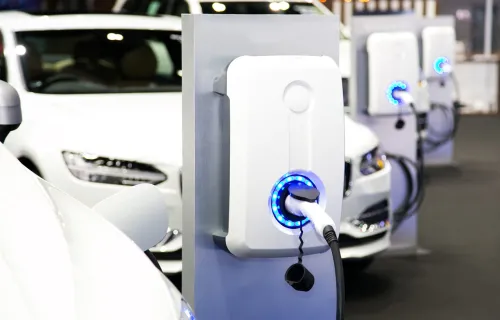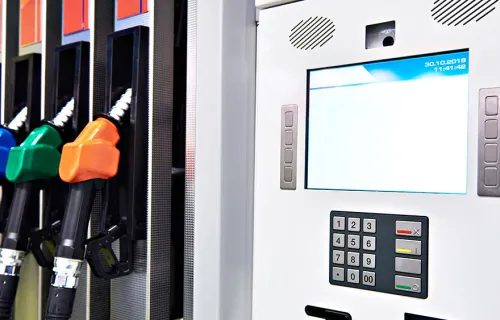From electric vehicle (EV) chargers and loyalty apps to contactless point of sale (POS) systems and real-time pricing engines, fuel retail is evolving fast on the surface. But behind the scenes, daily operations still rely heavily on reactive manual workflows, siloed data, and outdated incident handling models.
The result is a widening gap between what technology could enable and how operations actually perform.
Uncovering the root cause of fuel retail disruptions
Every day operators face a growing list of hidden threats until they become – in the worst case scenario – revenue-stopping failures. In fuel retail operations, the problems that are most visible – like point of sale failures or issues with pumps and dispensers – tend to be just the surface-level symptoms of more complex, underlying challenges. These disruptions can cause frustration for both customers and staff but addressing them in isolation often fails to deliver long-term solutions.
Beneath these immediate issues often lie operational weaknesses such as:
- poor inventory management that leads to stockouts
- discrepancies between advertised and actual pricing
- unreliable loyalty systems that undermine customer trust
- and missed opportunities for preventive maintenance that eventually result in avoidable breakdowns.
These aren’t one-off incidents. They’re symptoms of a deeper issue: fuel retail’s dependence on reactive manual operations in an increasingly connected, AI-capable world.
These disruptions may seem minor in isolation. But across hundreds or thousands of sites, they add up to millions in lost revenue, customer churn, and brand dilution.
By taking a more proactive and integrated approach that targets these foundational problems, fuel retailers can improve reliability, reduce downtime, and deliver a better overall customer experience.
Why do current AI and digital strategies fall short? The real problem: automation ≠ autonomy
The industry has no shortage of smart solutions. While clients are working on initiatives with different IT service providers – from frictionless checkouts to IT service management and dynamic pricing engines – most stop short of enabling end-to-end autonomy.
Organisations often rely on static dashboards, attempting to interpret dynamic problems using fixed metrics that do not adapt to changing conditions. Standard operating procedures (SOPs) are typically manual and rigid, providing step-by-step instructions that may not suit the complexity of real-time system failures. Reactive ticketing systems exacerbate the issue by addressing problems only after they arise – even when such issues are foreseeable. Meanwhile, standardised playbooks offer one-size-fits-all solutions, frequently overlooking the unique context and needs of individual sites.
What’s missing isn’t more dashboards or platforms, it’s the ability for the system to sense, act, and adapt – autonomously.
Fuel retail needs to move beyond "smart" to self-aware, self-correcting operations – where infrastructure, pricing, customer experience, and service management are coordinated in real time, autonomously. What the industry truly needs is systemic rethinking.
The real value of AI isn’t in reducing headcount or digitising forms. It’s in enabling fuel retail ecosystems to detect and resolve common disruptions automatically. To not just automate alerts, but deploy AI agents that can take action – agents capable of adapting store pricing, promotions and operations in real time; simulating and testing changes before rolling them out; and delivering contextual experiences based on local demand and footfall. We don’t need smarter dashboards, we need self-orchestrating networks.
Fuel retailers have long depended on reactive systems – like ITSM-based ticketing, fixed KPI dashboards, and static loyalty apps – typically delivered through lengthy 9–12 month programs. While familiar, this approach often struggles to keep pace with evolving customer expectations and operational demands.
A shift toward smarter, faster models is emerging. AI-led issue detection, real-time digital twins of each site, and edge-based personalisation engines allow retailers to act in the moment, not after the fact. Short, modular pilots that deliver measurable value in a very short time make this evolution both practical and scalable, opening the door to continuous improvement and stronger customer engagement.
Turn data into decisions and turn automation into advantage
In fuel retail, the winners won’t be the most automated – they’ll be the most autonomous.
Organisations need to think ahead, act faster, and serve better – while lifting margins and employee satisfaction.
Get in touch to discuss further or find out about our enterprise-grade architecture for retail energy clients that brings AI and digital triplets together to drive autonomous site operations at scale.






